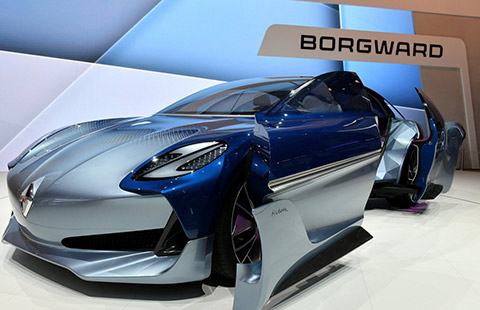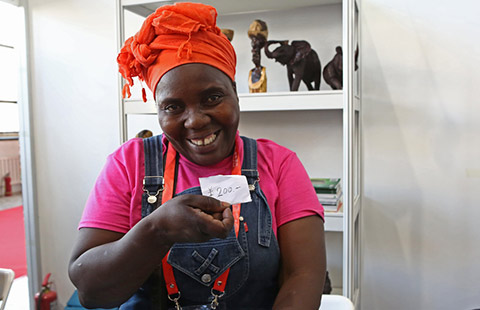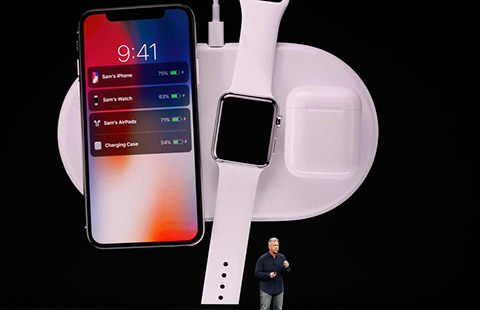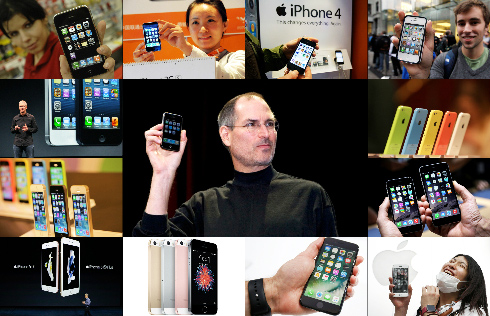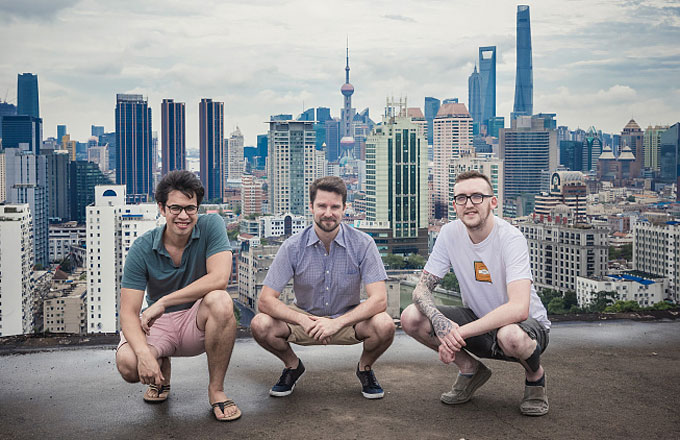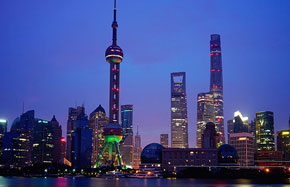Automakers put new-energy cars in fast lane at Frankfurt
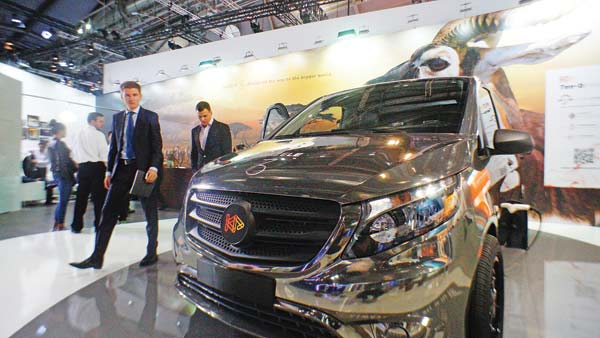 |
|
A vehicle equipped with the Gazele 3 battery management system was among exhibits at the Frankfurt Motor Show connected to new energy technology.? [Photo/China Daily] |
The enthusiasm of automakers for new-energy vehicles was strong at this year's Frankfurt Motor Show, which is also known as 2017 IAA, as restrictions on gasoline vehicles becoming more prevalent and stringent in many countries.
"The auto industry is surely about to enter, if it has not already entered, a new-energy era and China is going to play a leading role," said Peter Hage, a founding partner at auto consulting firm Districom Group.
He said the latest efforts to accelerate new-energy product development have been driven by countries contemplating bans on both internal combustion and diesel engines that could come in around 2025-30.
China, France, Britain and Norway are the most proactive in the area, he said. A ban in China would have a massive impact on the global car industry because it is the largest car market in the world, and it is still growing, Hage said.
At 2017 IAA, VW announced it will electrify its entire fleet of around 300 models by 2030. BMW plans to launch 25 electric models by 2025. And Mercedes-Benz brought its first, and also the world's first, mass-producible fuel-cell car to the show.
China's major private automakers, Chery and Great Wall, both launched new-energy models this week aimed at markets in the United States and Europe.
Thunder Power Hong Kong Ltd, an electric vehicle maker, unveiled an electric sport utility vehicle in Frankfurt.
"The electric car is the future," said Wellen Sham, the company's chairman and CEO.
Sham said the company plans to build a factory in Catalonia, Spain, with the potential to produce 40,000 cars a year. It should start production in 2022. He said the company has already signed an MoU with the local government. Cars produced there will be sold to all European countries.
Currently, the company has a manufacturing center in Ganzhou, in Southeast China's Jiangxi province. It has a capacity of 100,000 vehicles a year and will increase production to 200,000 a year by 2025, Sham said.
"China has competitive policies, a big population with huge needs (for electric cars), and people are willing to accept new things," he said.
Ten-D Energies (Shanghai) Inc, a start-up that specializes in electric vehicle battery management, announced its latest battery management system, Gazele 3, at the motor show. Battery management systems, batteries, and electric engines are the three key technologies needed for electric cars.
According to Ten-D, its system has several advantages, including extending the range of cars after a single charge, extending battery life, and the ability to forward data to a cloud destination for future analysis. A more active control of the battery would then be possible, reducing repair and maintenance costs.






